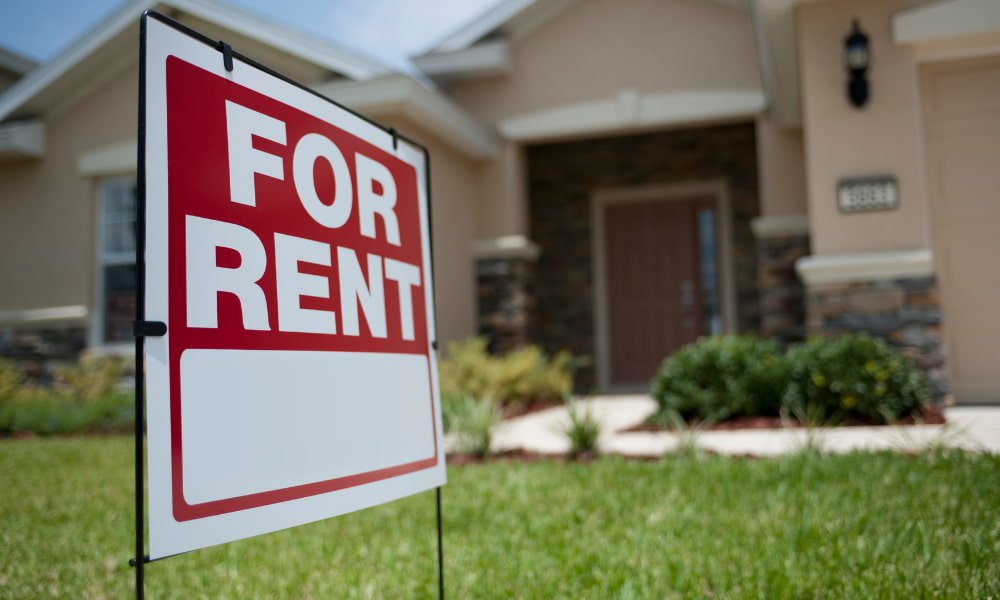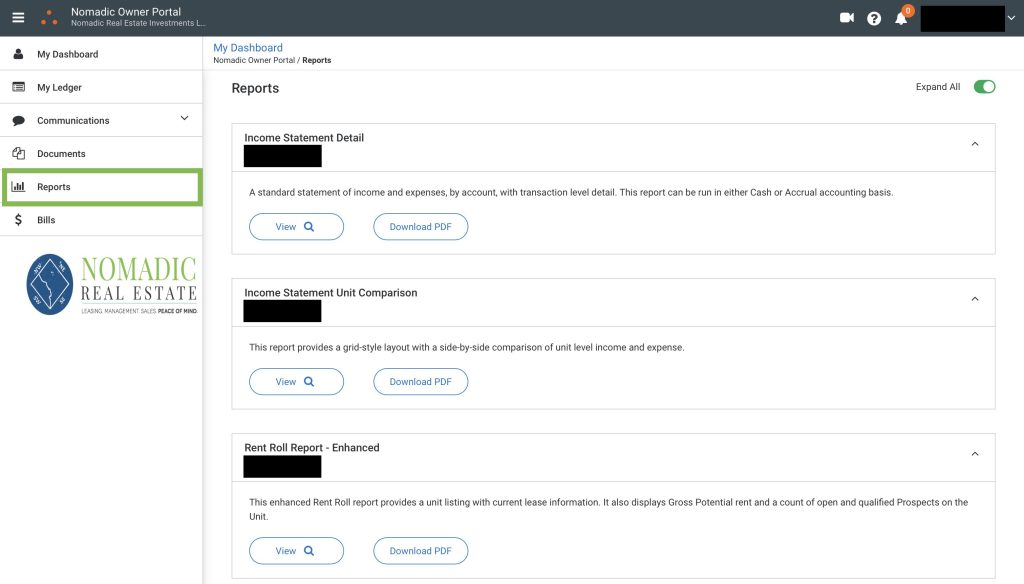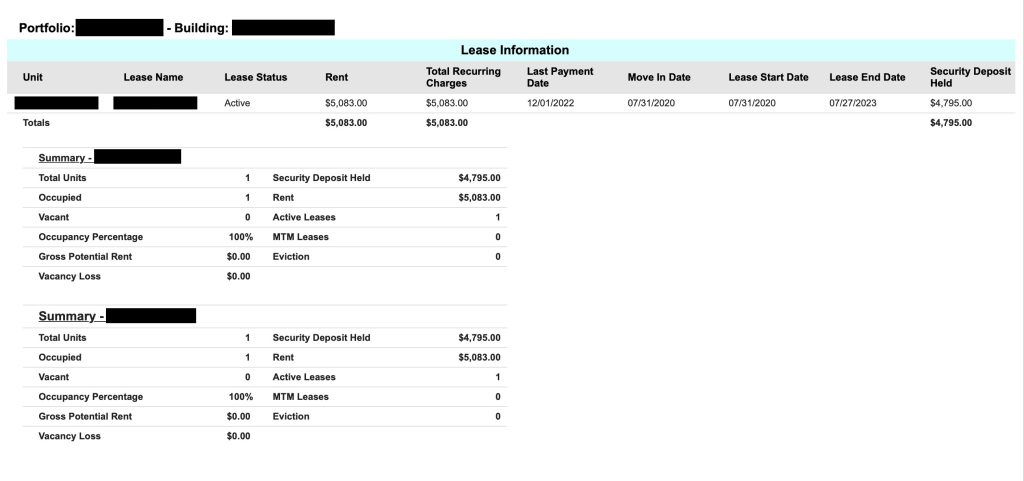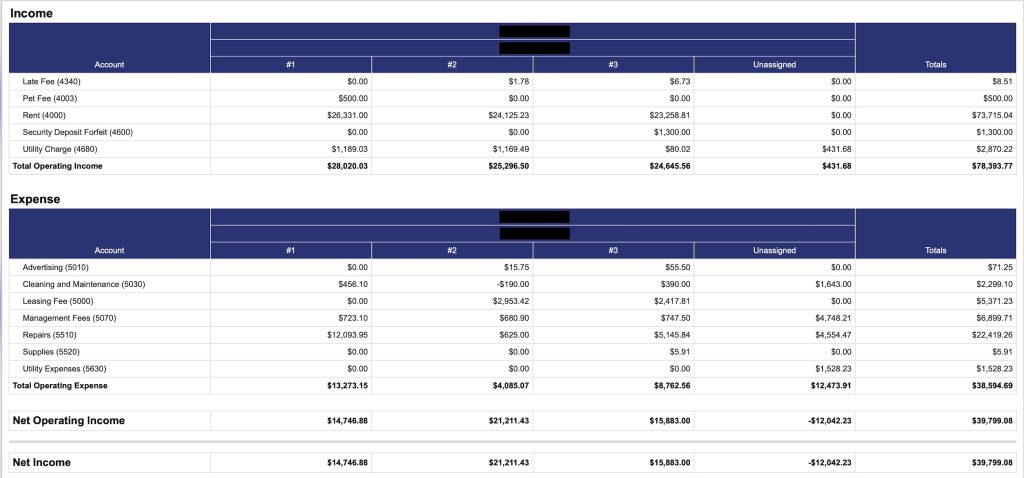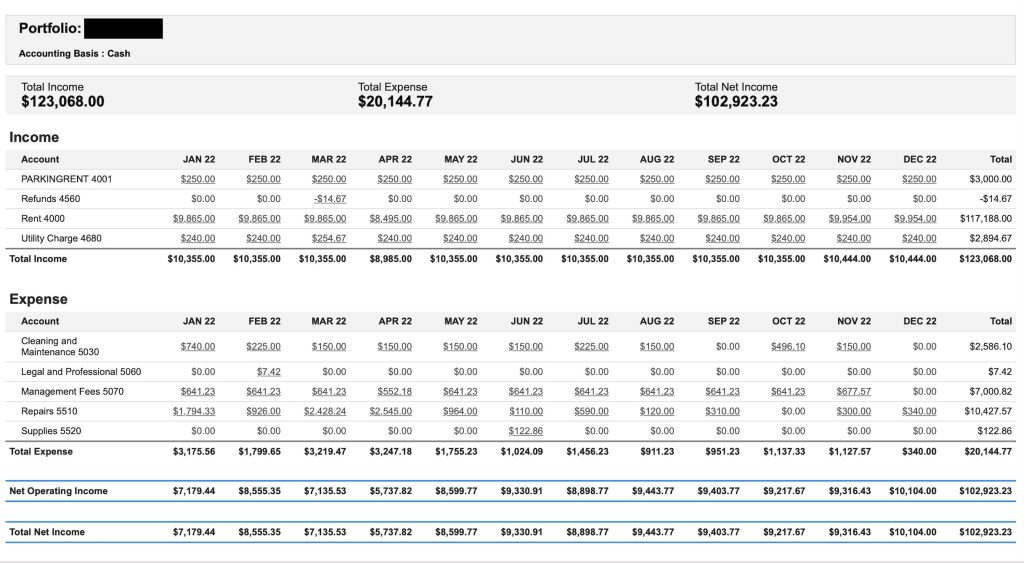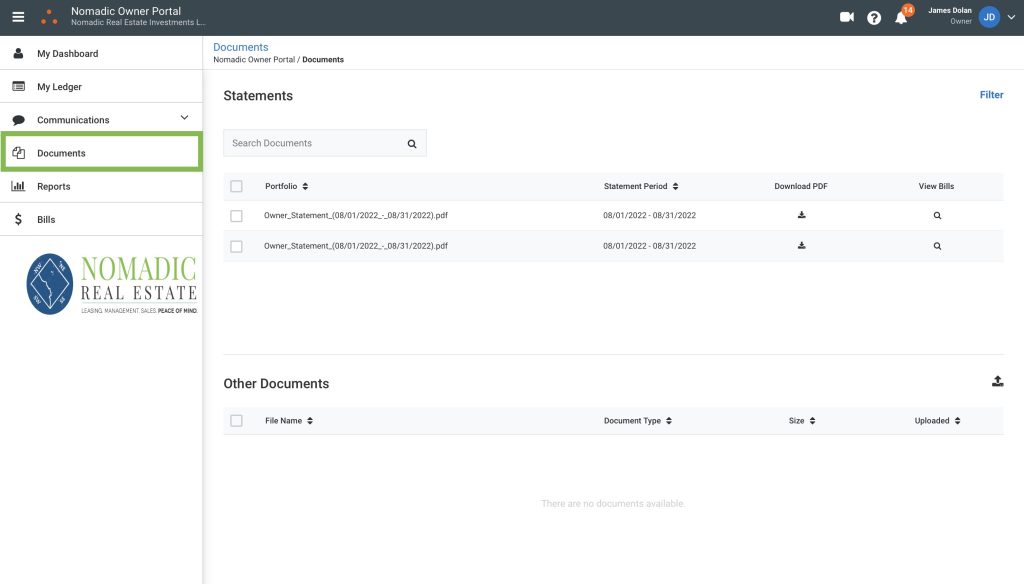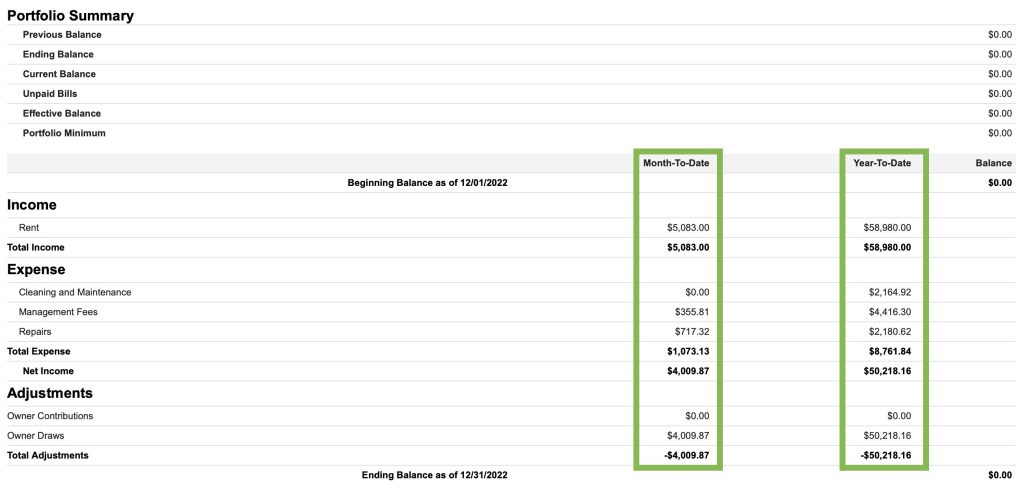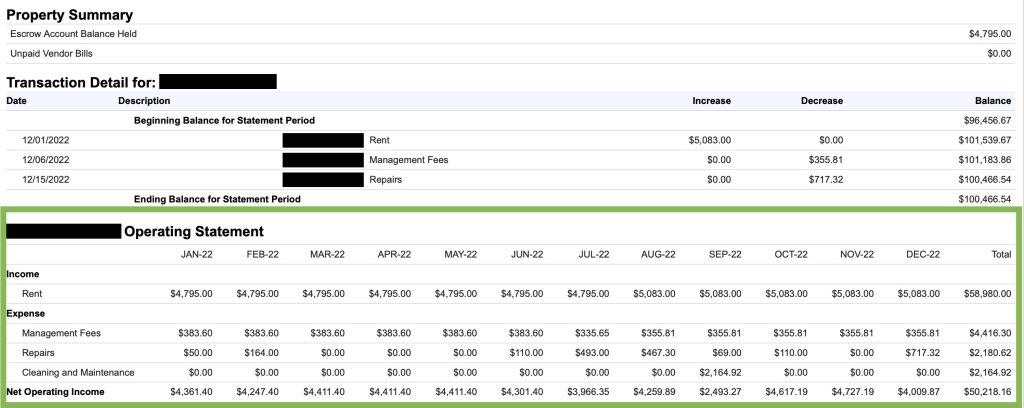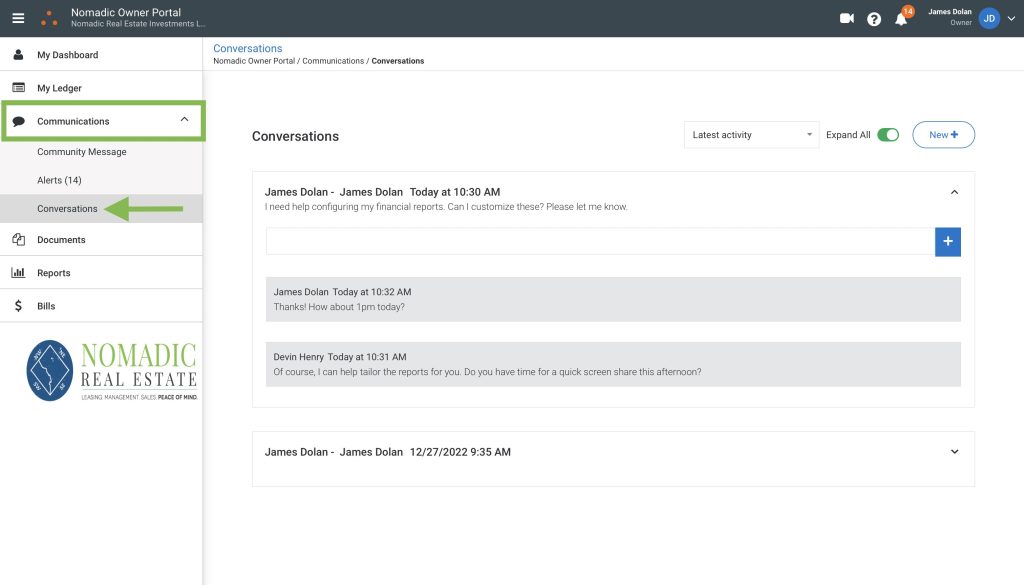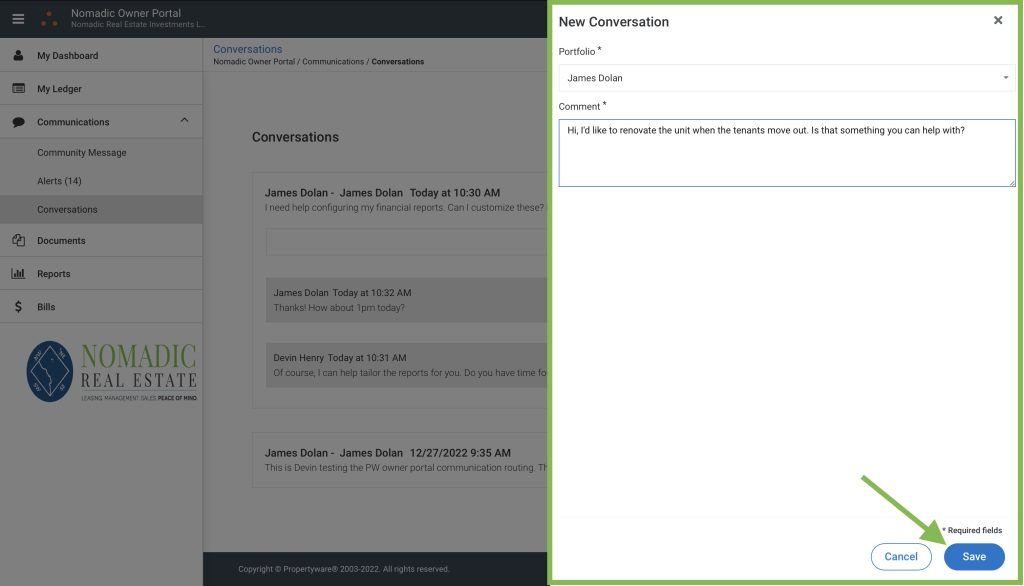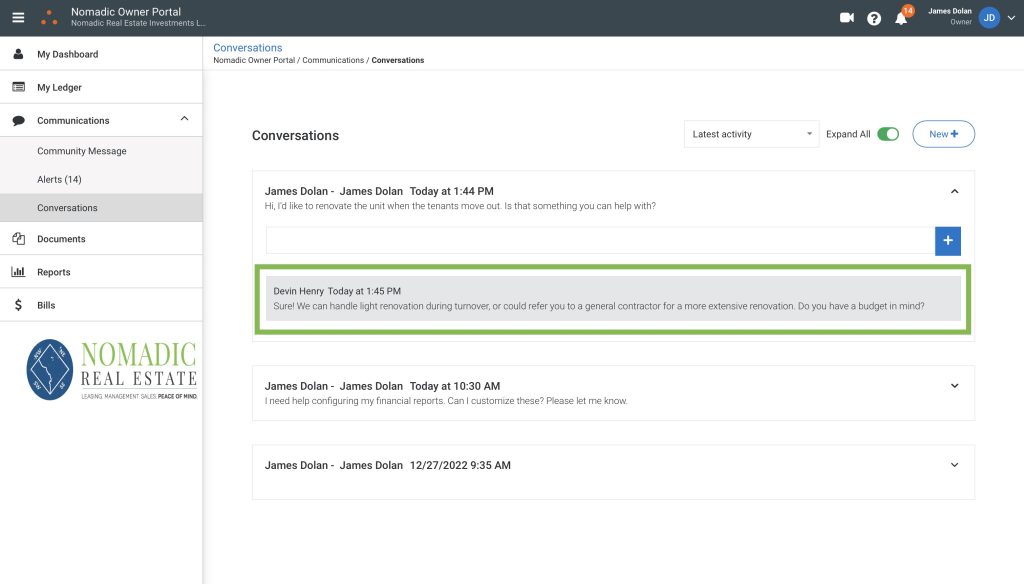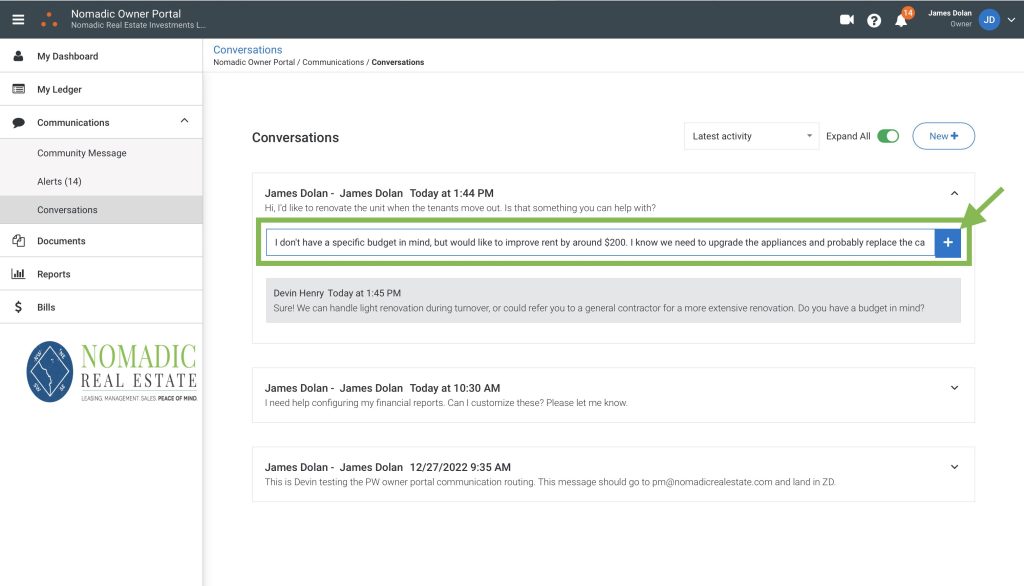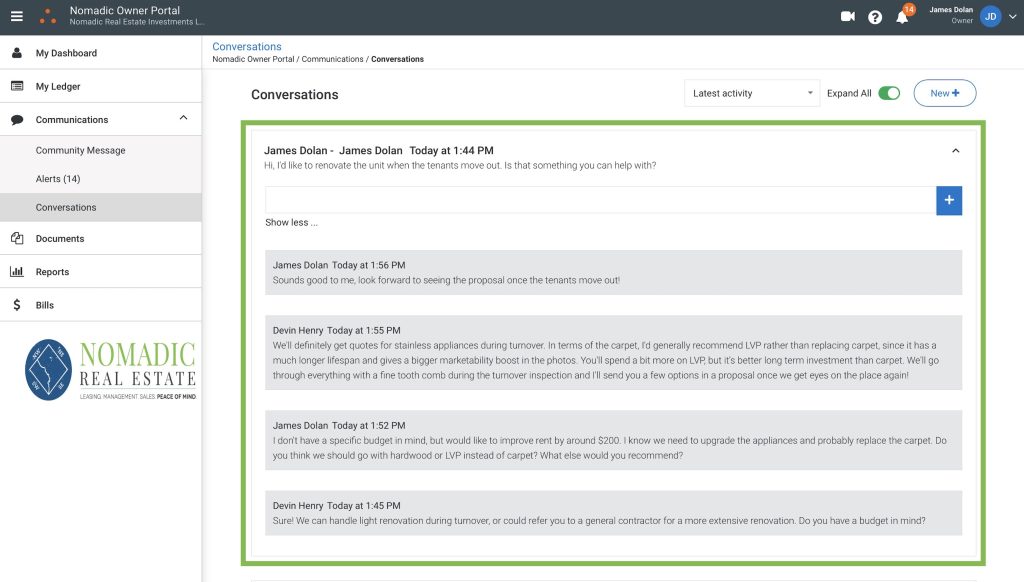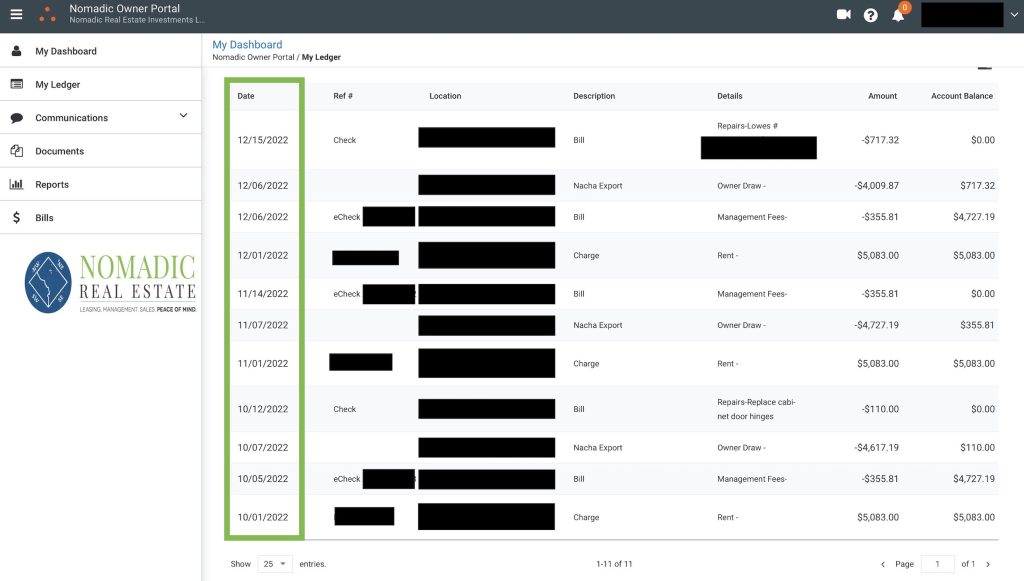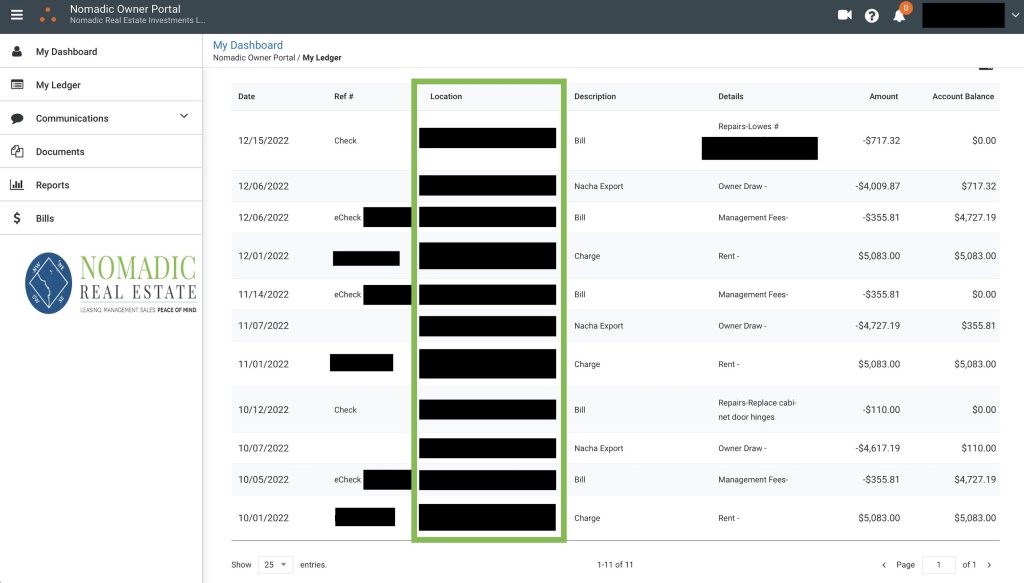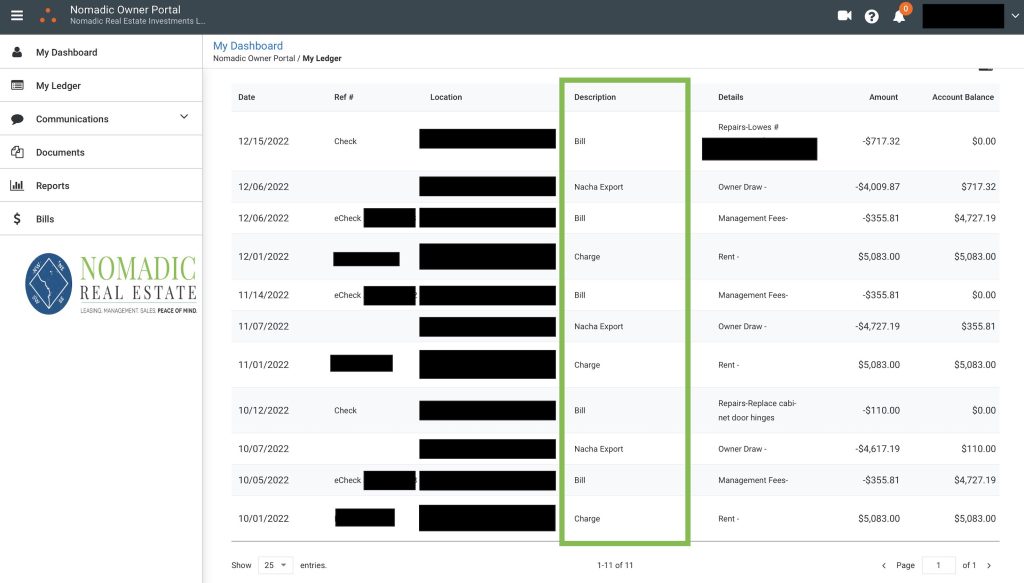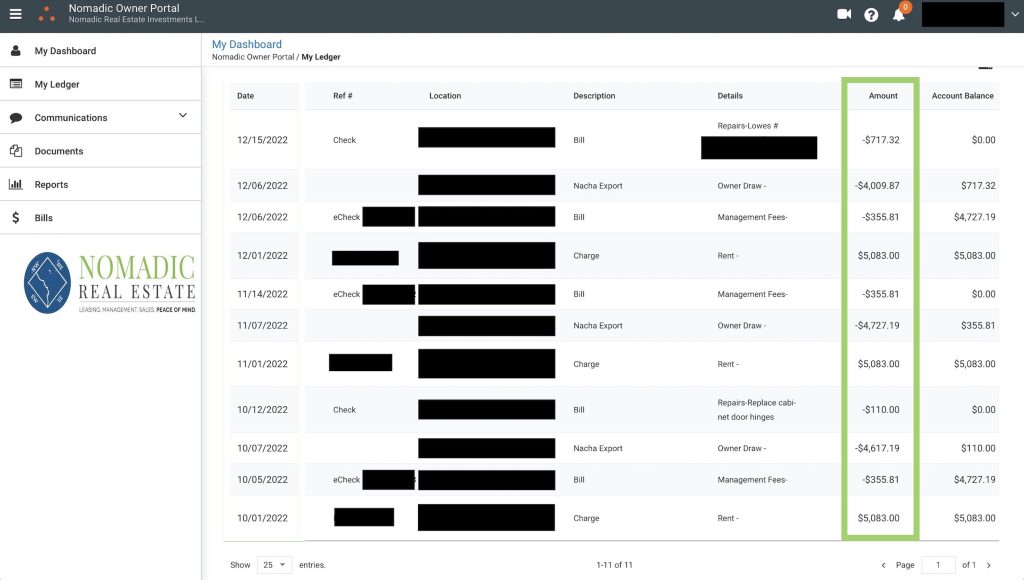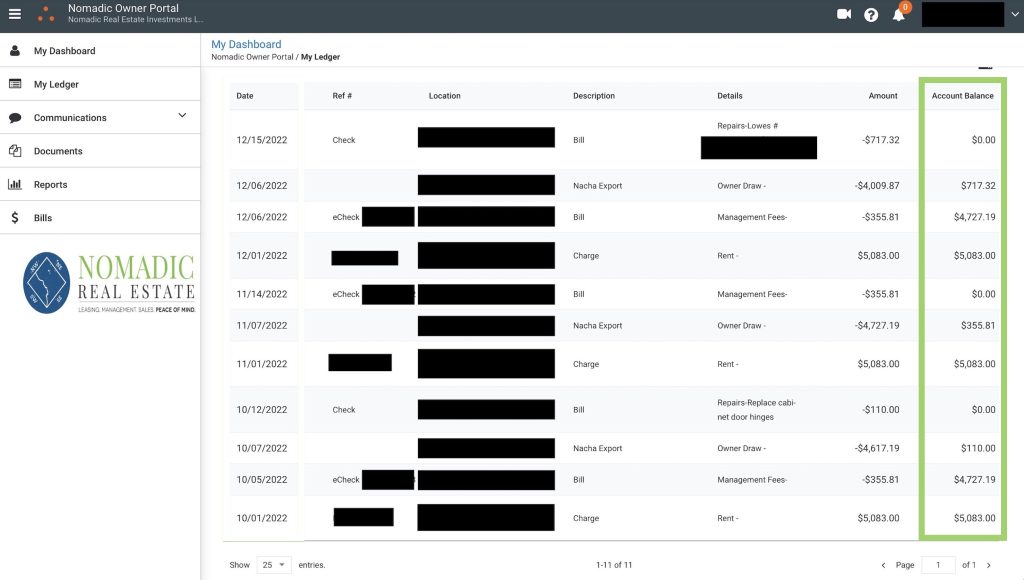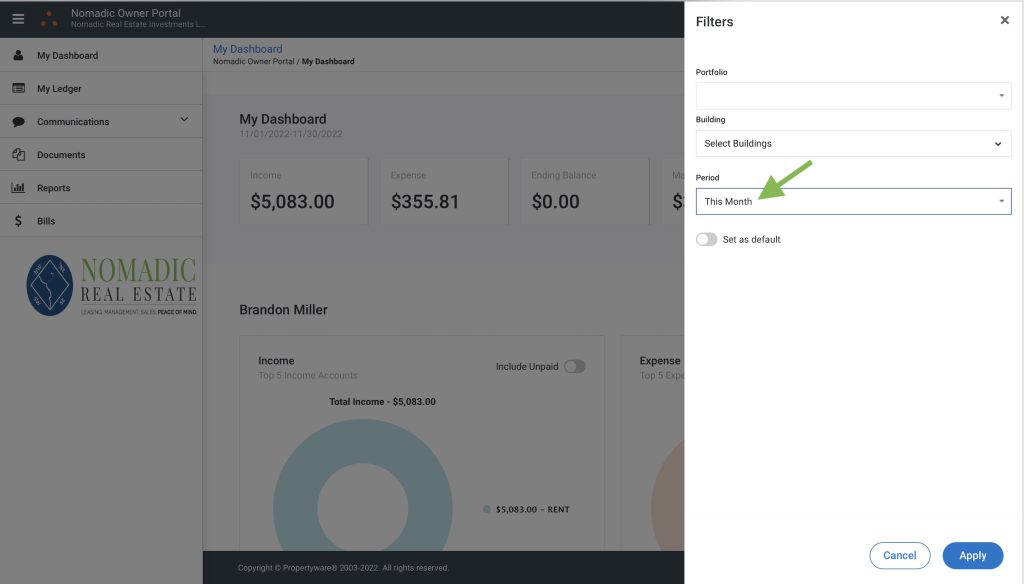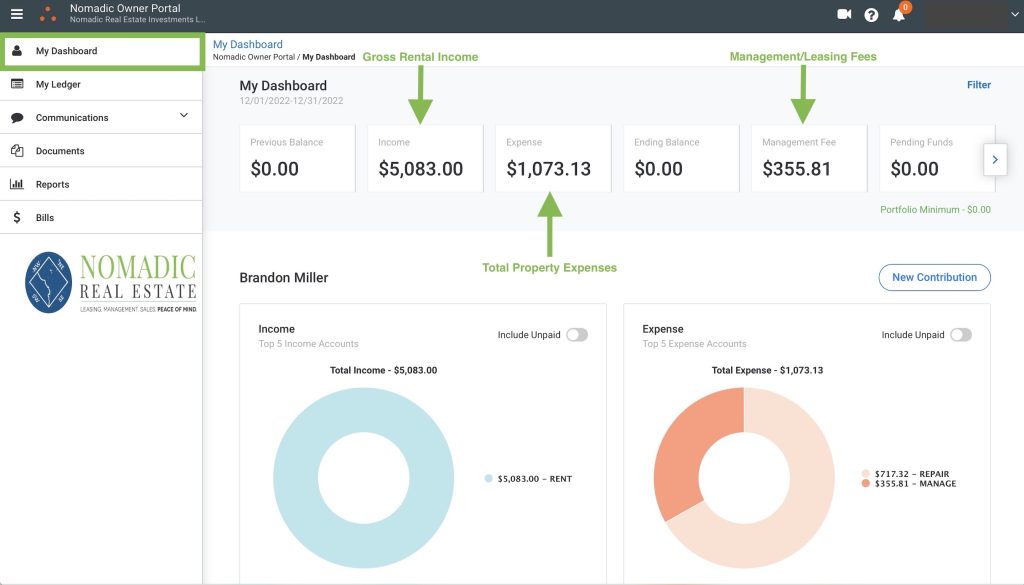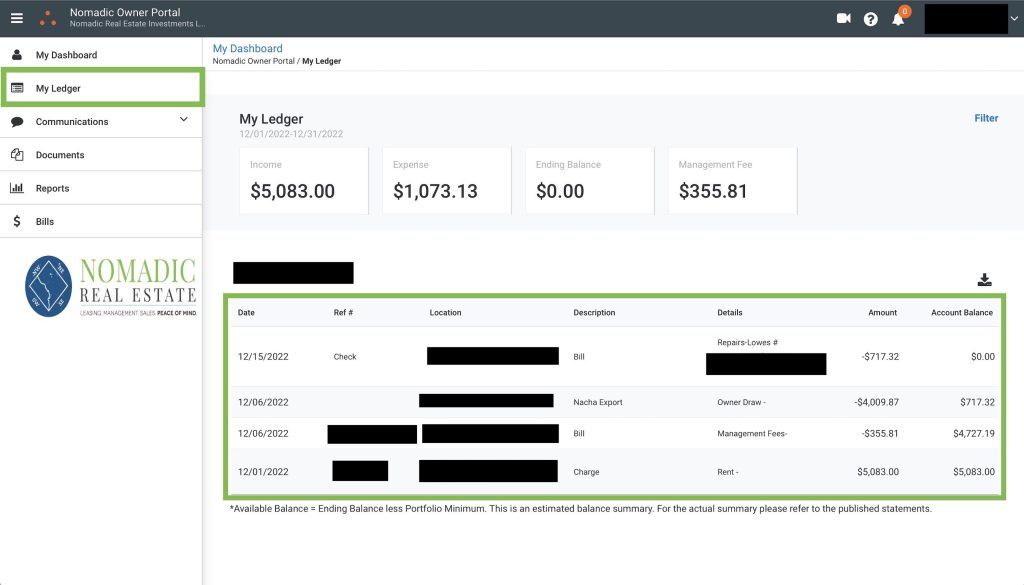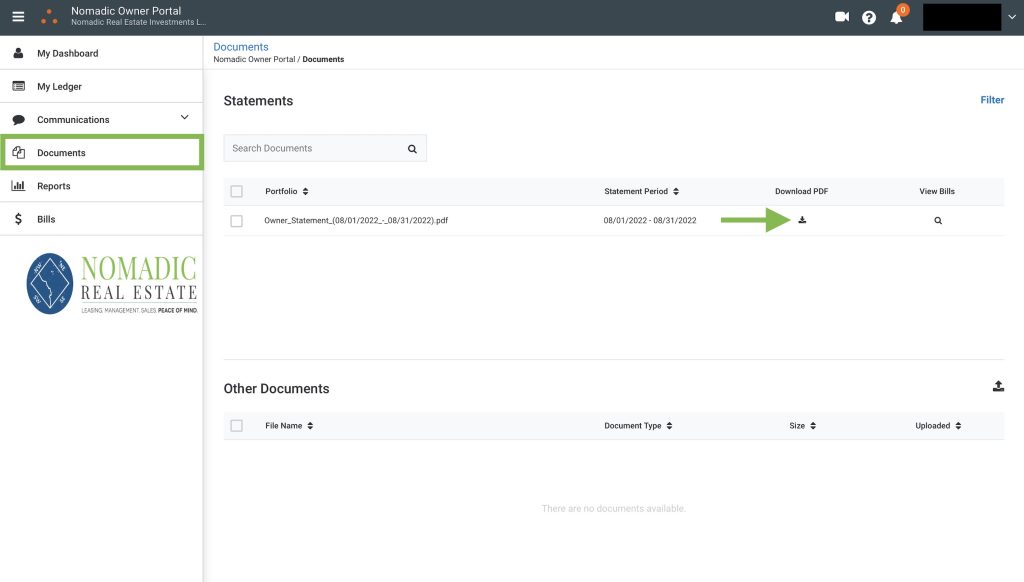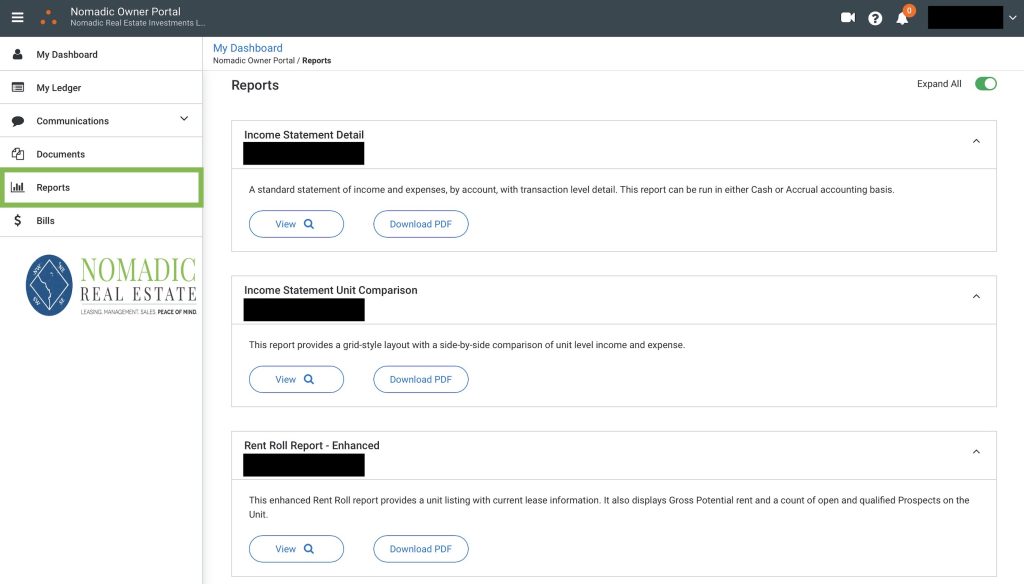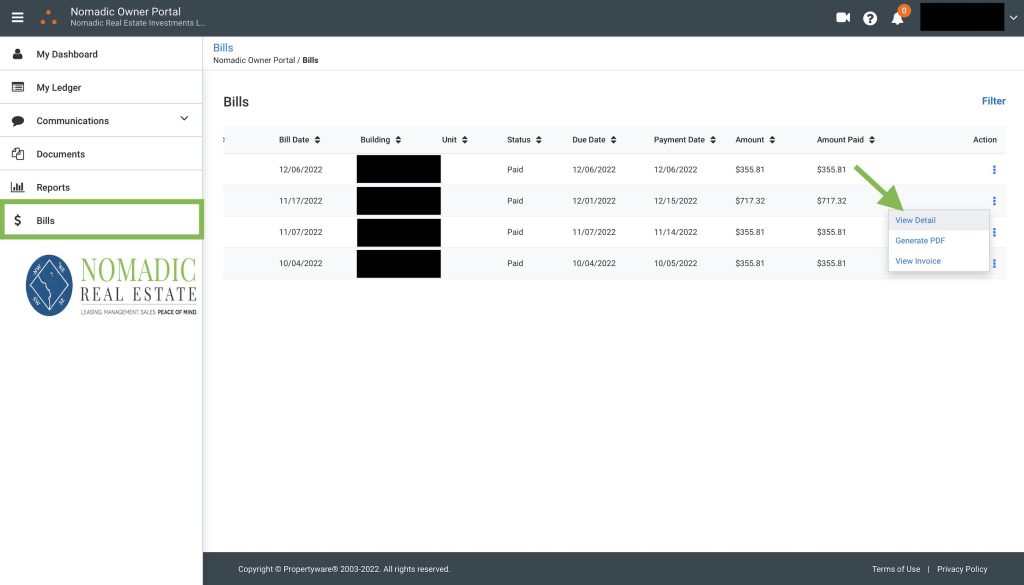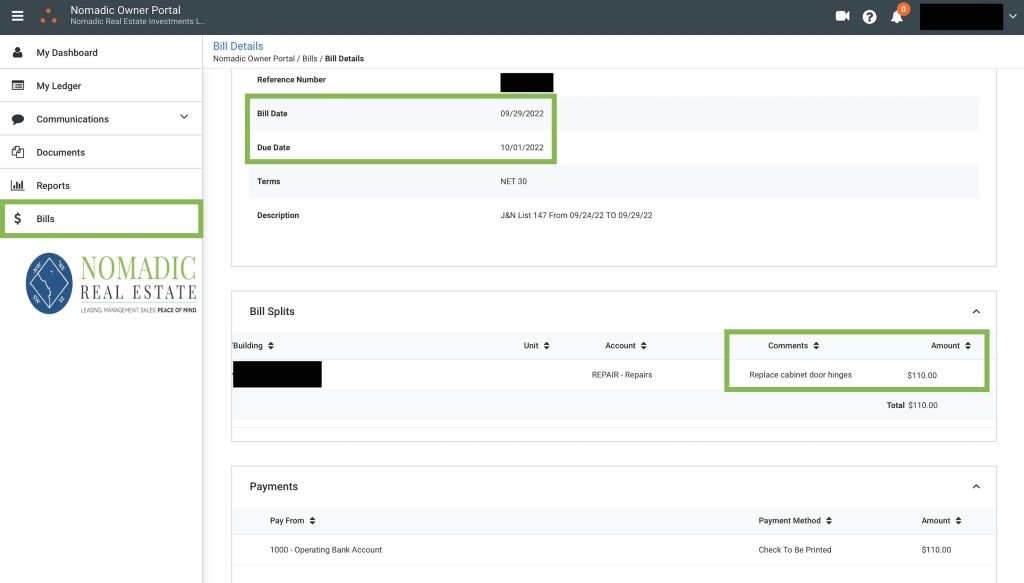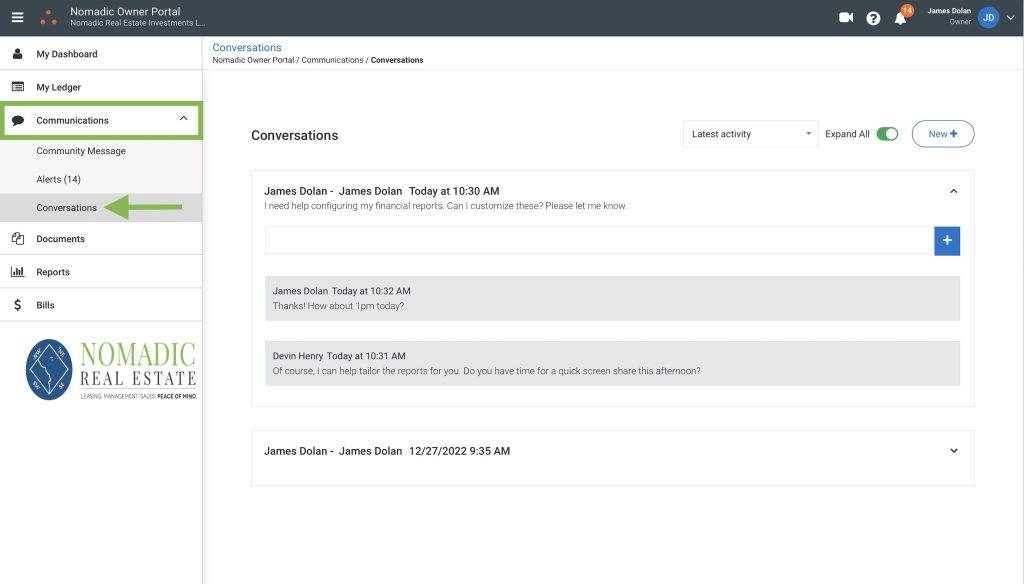Washington, D.C. is infamous for having a permanent housing shortage, an issue which begets inordinately high rents. The median rent in Georgetown is $3,400, for example, which is downright reasonable compared to that for Woodley Park (which comes in at a whopping $4,490 per month). These numbers include all rental properties, which means they do factor in larger homes in Northwest D.C. if you want to put these numbers in perspective.
With figures like these, you might think that landlords hold all the power in the landlord/tenant relationship and that tenants have few rights. In fact, the opposite is true: The District even has some of the most comprehensive fair housing laws in the United States.
Fair Housing Act
The Civil Rights Act of 1968, also known as the Fair Housing Act,
Prohibits discrimination in housing based on race, color, religion, national origin, sex, disability, and familial status (presence of kids under 18 in a household).
The D.C. Human Rights Act of 1977 expanded protections for the following characteristics and categories:
- Personal appearance
- Sexual orientation
- Gender identity
- Family responsibilities
- Political affiliation
- Matriculation
- Source of income
- Place of residence or business
- Status as a victim of an intra-family offense
Tenant Bill of Rights
The D.C. Office Of The Tenant Advocate went even further in codifying tenant rights, enacting the D.C. Tenant Bill of Rights in 2014. This legislation pulls out the really practical aspects of the standard lease and explains tenant rights and landlord responsibilities in simpler language.
The rights outlined apply to every tenant in the District, with the only exceptions being on the topic of rent control. These are some of the most important points of the Bill of Rights.
Lease
A lease does not have to be in writing. This surprises many tenants and landlords, but tenancy may be established by oral agreement. If the landlord does require a written lease, you must be provided with the lease, relevant addenda, and District housing regulations regarding landlord and tenant relations.
Some lease clauses are prohibited, like a waiver of landlord liability for failing to maintain the property. The landlord is required by law to provide a safe and habitable residence, at his or her expense, and may not change the terms of the lease unless you agree — preferably in writing. You have the right to continue tenancy indefinitely on a month-to-month basis once your lease expires. The only change that can be made is a lawful rent increase.
Tenants are also entitled to receipts for any rents paid, unless they pay by check (and thus the cancelled check serves as the receipt). The receipt should confirm the purpose (rent), date of payment, and the balance due if it’s a partial payment (more common in times of COVID-19.)
Security Deposit
Your security deposit is limited to one month’s rent. Your landlord must keep the deposit in an interest-bearing account, and you have the right to know where the money is kept and the prevailing interest rate. Your security deposit must be returned with interest within 45 days of your move out, and you must be notified in writing within 30 days if any of your deposit was used to defray repair costs.
Disclosure of Information
This primarily refers to rent controls and rent increases, although pertinent information regarding the lease (rent, application fee, security deposit, housing code violations, and any mold and remediation within the past three years) is also included. If there is a petition to increase rent, surcharges on the rent, the expiration date, and the rent control or exempt status of the dwelling are all part of the Disclosure. The Tenant Bill of Rights falls into the Disclosure category, too.
Discrimination
Discrimination is prohibited across the board in Washington, D.C., but it can be insidious and difficult to prove. Discrimination can be either perceived or actual, and takes many forms. Some landlords engage in discriminatory behavior before or after a tenant has taken residence by:
- Refusing to rent
- Renting on unfavorable terms, conditions, or privileges
- Creating a hostile living environment
- Refusing to make reasonable accommodations to give a person an equal opportunity to use and enjoy the premises.
Social Media Discrimination
Technology provides a screen for discrimination through social media algorithms. It is illegal to post discriminatory housing notices anywhere, but monitoring the internet is a particular challenge. Craigslist has addressed that issue head-on by publishing Fair Housing Act notices on its website, but it is not the worst offender.
That distinction goes to social media outlets, whose algorithms let users discriminate with no repercussions. Facebook is the worst offender, as it discriminates by NOT showing some real estate listings to users who don’t meet its algorithmic metrics.

This means that thousands of D.C. residents aren’t seeing all their housing opportunities if they use Facebook as a resource. The National Fair Housing Alliance filed a lawsuit against Facebook in a New York City federal court in March of this year to try to remedy this issue.
Source of Income Discrimination
Fair housing laws in Washington, D.C. are very clear that residents with housing vouchers are not to be discriminated against on the basis of income. Some landlords do not want to lease to households using vouchers and put up income barriers to approval that they would not otherwise. The standard rent-to-income ratio for tenant approval is that household income must be at least three times the rent. D.C. rules stipulate that landlords count vouchers as regular income so prospective tenants can qualify for housing: Housing voucher recipients pay 30% of their incomes toward rent and their vouchers pay the balance.
If you suspect a rental company has turned you down for housing because of income, you have the right to file a complaint with the D.C. Housing Authority.
Eviction
A landlord can evict a tenant for one of 10 reasons outlined in the Rental Housing Act of 1985. You cannot be evicted because your lease has expired, or because the property has been foreclosed on or sold. Even if you have been a less-than-ideal tenant and the landlord has a valid reason for eviction, he or she cannot force you out by making your life miserable, changing the locks, cutting off utilities, or using other “self-help” methods. An eviction must go through the judicial process, and you must be given the chance to cure the lease violation. Finally, any eviction must be pursuant to a court order.
Navigating Fair Housing Laws
Washington, D.C. residents enjoy some of the strongest tenant protections in the country, but the rules are complicated. Even the friendliest regulations can seem daunting if you have an issue with your landlord. Renting through an established property management company ensures your rights are protected and you have an advocate should you have a problem pertaining to your tenancy.
Alternatively, if you are looking for a place to rent, check out our DC rentals.

